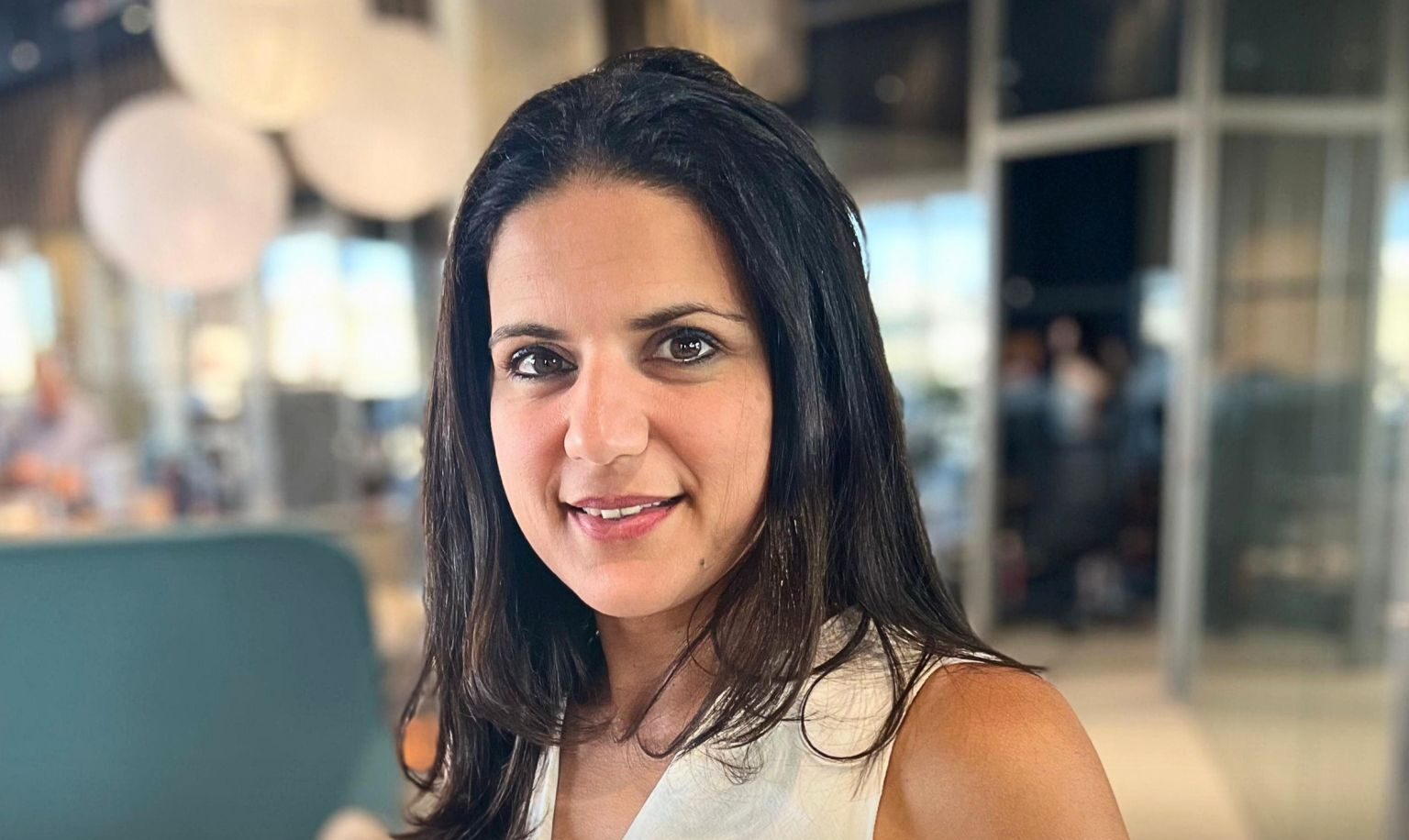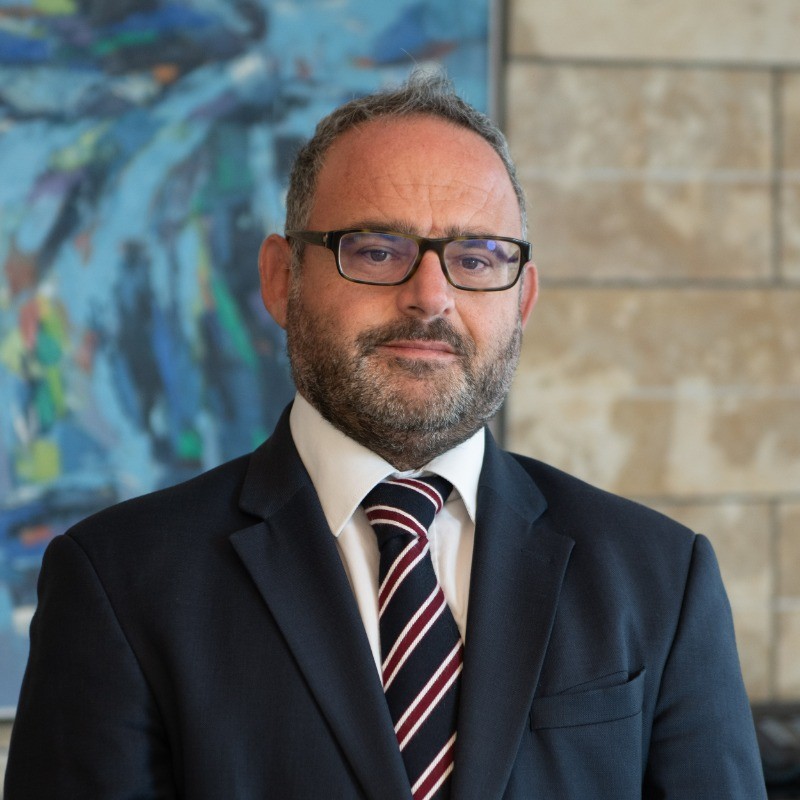Have you ever found yourself suddenly inundated with work in the run up to your holidays? This is a familiar story I hear repeatedly and have also experienced personally before annual leave, school breaks or Christmas holidays.
It sometimes feels like we need a holiday before the holiday.
The pressure seems to increase in anticipation of holidays. Some of us may feel pressured to finish everything that has been on our to-do list for months, to handover everything in a neat and tidy package, to spring clean the house, or finish all the home admin. We may worry about the consequences and what people would think if we don’t manage. There may be external pressures, such as deadlines as the year ends, expectations from managers and family members, and ongoing work and family duties which we cannot abandon. We work harder and longer, and get to our holiday in a state of physical exhaustion or emotional depletion. It may take days for our minds and bodies to slow down.
It sometimes feels like we need a holiday within the holiday.
The holiday period itself may be brimming with pressures too. There may be financial pressure because of more activities, gift sharing, and travel. There may be social pressures as we meet different social groups, some who we may not be keen on meeting. Spending extended periods of time with family and friends may bring its own challenges, as we get pulled into old relationship dynamics and disagreements. We may feel obliged to meet social, familial, religious, and cultural obligations that are hard to say no to. There may be a lot of excitement and pressure to have a good time and keep up appearances. This may be hard if we are just not ‘feeling it’. A holiday period like Christmas may be a complex time of year filled with painful emotions of loss, grief, anxiety, loneliness, and frustration. We may hold mixed emotions about entering the new year too, and experience pressures around setting resolutions and self-improvement.
It sometimes feels like we need another holiday after our holiday.
The period after a holiday can also come with a whole bag of emotions. Some people may feel relieved to return to familiar work and school routines. Others feel low, suffocated, and anxious about it. The pressures that were there before our holiday may come tumbling back and the benefits of a restful holiday are sometimes wiped out after a few days.
This sounds so grim as I write it. The thing is that this is sadly the reality of many people who cannot keep up with the never-ending demands and busy-ness of their lives.
Some hope
Our holiday stories do not need to get stuck here. Imagine what it might be like to get to our holiday with some energy to have our holiday in the first place. Imagine if the stressful moments of a holiday are interspersed with energising and happy moments too. Imagine if we can hold onto the benefits of feeling rested for a bit longer after a holiday.
This can become a reality for us. We can move towards these scenarios by getting in touch with what we need and acting on our needs. This can make a difference to our holiday experience and general well-being. Consider these ‘before’, ‘during’ and ‘after’ questions during this Christmas period and for any holiday you have during the year:
Before
What do you need in the period before your holiday?
During
What do you need during your holiday?
After
What do you need after your break?
Understanding what we need is not always clear or easy to figure out. The problem is that if we do not know what we need, then we cannot meet our needs. So, here are four core processes and skills that psychological theories highlight can mobilise us into discovering and acting on what we need before, during and after our holidays.
Notice your struggle
Start to pay attention to your thoughts, emotions, body and behaviours as they occur in the present moment before, during, and after your holiday. Notice them with curiosity without judging yourself for having them. This is the practice of being mindful. We may notice various struggles, e.g.: feeling more tearful, tense in our body, irritable with a colleague, withdrawing from social interactions, drinking or eating more than usual, feeling anxious, worrying about what people are thinking, and criticising ourselves. These are all signs that our mind and body are trying to communicate to us that something is going on emotionally, that we are being triggered by something, and that something important within us needs attention.
Investigate your need
By looking inwards and actively listening to ourselves, we create an opportunity to investigate more deeply what our mind and body need and what is missing. We may discover that we need a range of things e.g.: to delegate tasks, to ask for help, to say no, to keep up our exercise routine during holidays, to have someone listen to us rather than give advice, to get help with the kids, to pause to eat lunch, to drink some water, to have some privacy and space, to do something we want, to leave a crowded and overstimulating venue, to have a lie in, to get some fresh air and be in nature, to share our feelings, to leave things undone, to keep up our self-care when returning to work, to prioritise 10 minute breaks between meetings, etc. Identifying our needs then moves us towards addressing them.
Permission to meet your needs
It is important to purposely give ourselves permission to listen to what we need in the first place, and then to act on this. A common challenge is that people feel guilty about putting their needs first. Some feel embarrassed or think that other things are important, that they are being selfish or burdening others. It is OK to have these conflicting thoughts and feelings and to act on our needs anyway, even if we are uncomfortable about it. We may not know whether others will respond helpfully when we tell them what we need. Whilst their response is not in our control, it remains our responsibility to value and stand up for our needs. Similarly, it may be a beautiful gift to others to allow them the space and permission to express their needs and help them prioritise them too.
Have fun and play
It is easy for us as adults to lose touch with fun and playfulness in our lives. It is never too late to rekindle this. What if we integrate a little bit of silliness, banter, cheer, fun and games ahead of our holiday? What would it look like if we retain moments of lightness as we return to our routines post-holiday? We can jump in puddles, crack a joke in meetings, wear mismatched socks, dance like no one is watching, sing karaoke, play boardgames, play with animals or children. I’m sure you can think of many more ideas.
In addition to creating good moments, another step is to allow ourselves to feel the good emotions they bring. Some of us have a fearful relationship with positive emotions as we resist feeling them or push them away. This is an invitation for us to approach our positive emotions with courage and curiosity. Feeling the good stuff in ourselves, others, and our lives can energise and emotionally nourish us. We can practice feeling our good emotions more fully by breathing them in and soaking them up while they last, even with the knowledge that they will pass. We can then look out for the next moment of laughter and silliness and soak it up again.
Final reflections
The ability to connect with our needs may be invaluable. At the same time, understanding what we need from ourselves and others may not be easy. For reasons that can stem back to our childhood, it is possible to become disconnected from our needs. If you find it hard to think about your needs, you are not alone, and it may be important to get support from trusted others and professionals. Do reach out for help if you need it. As a starting point, I hope that this article has given you some food for thought and in the meantime:
May you approach your holidays with a bit more wisdom
May you experience your holidays with a bit more ease and cheer
May you return from your holidays a bit more connected to what you need
Mistakes CEOs regret and how to avoid them
Many CEOs look back and wish they had done things differently.
6 steps business leaders must follow to address negative online reviews
Responding to online critics is an effective way of protecting a company’s reputation and building customer loyalty.
Provide feedback and show respect: 5 ways business leaders can steer a young team towards success
Millennials and Gen Z employees are on the rise, and while they are wrongly viewed as ‘unmotivated’ and ‘entitled’, they ...
If your employees are displaying these symptoms, it’s time to check in
Recognising when an employee or colleague is struggling can be essential in getting them the support they need before it’s ...









